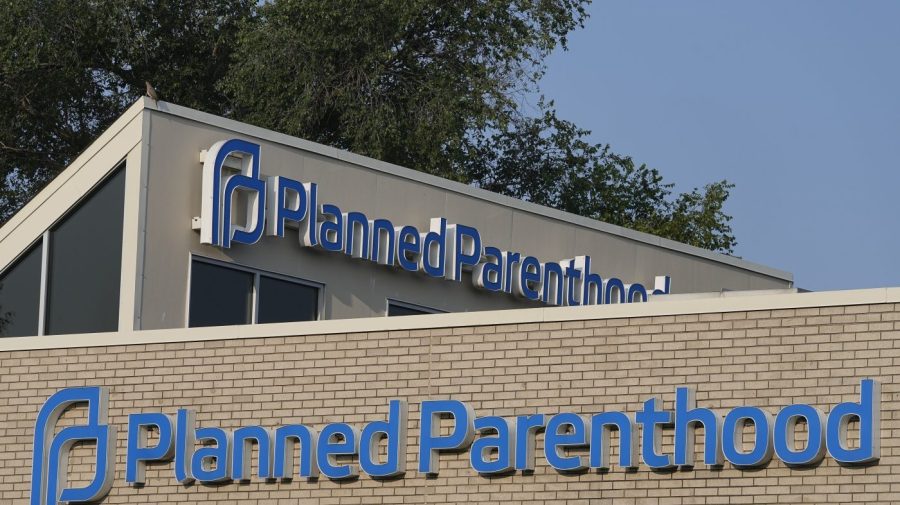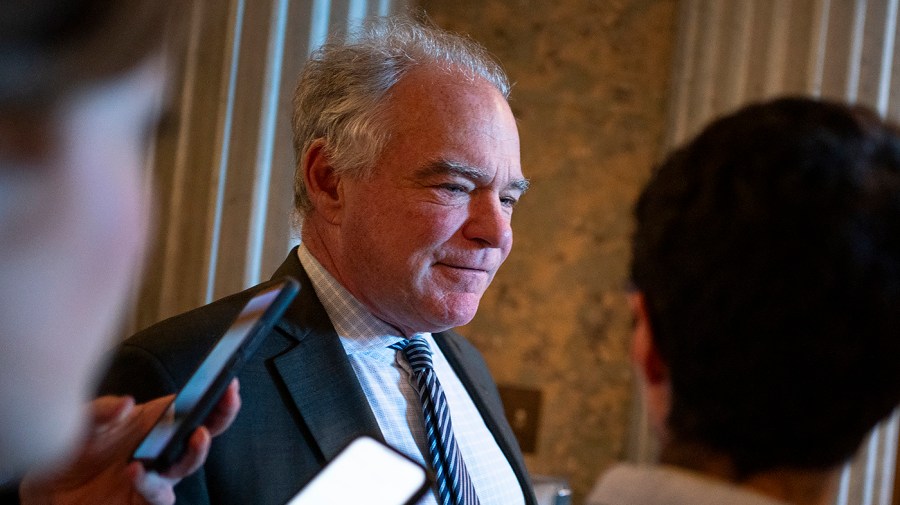Congress is preparing for the fallout from the California wildfires

House lawmakers are bracing for what could be a contentious battle over emergency spending in the wake of the wildfires sweeping through Southern California — an unprecedented disaster that is already estimated to have caused more than $50 billion in damage in and around Los Angeles.
While the two parties quickly united in December to provide more than $100 billion in emergency aid for hurricanes and other disasters, the trump card this time will be President-elect Trump, who already blames California Democrats for the scale of the devastation.
The discussion will not take place immediately. The fires are still burning. The final price is not yet known; FEMA says it has enough funds to respond to a number of disasters across the country, including wildfires in California, in the near term.
However, these emergency funds will have to be replenished at some point in the not-too-distant future, when Trump is in the White House. That creates uncertainty because the incoming president has long accused the agency of mismanaging funds, including last year when he falsely claimed the agency redirected disaster aid to house migrants who lack permanent legal status. Some GOP leaders — already under pressure from their right flank to cut deficit spending — are also voicing concerns about how FEMA is managing its operations.
“There are some very patriotic people working for FEMA on the ground, and they are doing the best they can. It’s leadership, and there’s some Concern about it, as with any organization.
“I honestly haven’t had a lot of time to delve into what’s going on in California right now because we have so much going on,” Johnson added. “But I’m sure I’ll get a full summary.”
Across the aisle, Democratic leaders like House Minority Leader Hakeem Jeffries (D.N.Y.) say they stand ready to provide any assistance deemed necessary after the fires are brought under control and damage assessed. Rep. Tom Cole (R-Oklahoma), chairman of the House Appropriations Committee, delivered a similar message this week, noting that lawmakers would have to “wait for requests from the administration.”
“The truth is, you have to wait until the disaster is over,” Cole said. “Obviously it’s not time yet, and you have to give them time to make estimates.” He also said it would likely “be something that the Trump administration will have a lot to say about in the future.”
Complicating the debate is that Trump has not yet announced who he wants to lead FEMA, although Johnson has said he has confidence in the president’s final choice.
“We’re living in a dangerous time, there are disasters all the time now, and you’ve got to have consistent, competent people at the top. So I’m confident he’ll put the right people in,” Johnson said.
To complicate matters, Trump is already attacking California Gov. Gavin Newsom (D) and other California Democrats, saying it was their incompetence that directly led to the failure to contain the deadly fires even days after they started.
“Governor Gavin Newscomb has refused to sign a water restoration proclamation before him that would have allowed millions of gallons of water, from heavy rain and snowmelt from the north, to flow daily into many parts of California, including areas currently burning.” “In an almost horrific way,” Trump posted on his Truth Social platform.
Newsom’s office responded in kind, accusing Trump of fabricating the events to score political points.
“There is no document like the Water Restoration Declaration – this is pure fiction,” the governor’s office posted on the social platform X. “The governor is focused on protecting people, not playing politics, and making sure firefighters have all the resources they need.” “Needs.”
The content of the clash is nothing new. Trump has often used natural disasters to denounce his political enemies. Deep blue California — where Newsom is believed to have presidential ambitions of his own — was a favored target.
What remains unclear is the extent to which Trump’s feud with Newsom — coupled with his notorious penchant for retaliation — will impact the congressional debate over wildfire aid.
House Majority Leader Steve Scalise (R-La.) suggested this week that GOP leaders expect to return to the issue of emergency aid as part of efforts to expand government funding beyond March 14, when it expires. This was true even before the wildfires hit Los Angeles, he said.
“Even the disasters and hurricane response there — we knew there might be a second bite at that apple,” he told reporters Thursday. “Ultimately, we knew this would have to be reconsidered in negotiations over government funding.”
However, tying disaster aid to the spending bill may not be easy in a Republican convention where conservative deficit hawks have called for new spending — even emergency aid — to be offset by changes elsewhere in the budget. That means House GOP leaders are likely to face additional headaches from these hard-line conservatives, who came out against emergency aid without compensation as recently as December when leaders on both sides of the aisle negotiated the roughly $100 billion disaster package.
The debate arrives even as fires surrounding the area continue to burn into the weekend, fueled by high winds that hampered firefighters’ efforts to control them. At least 10 people were killed. More than 10,000 buildings were destroyed. Although initial estimates vary, multiple projections put losses from the fires at more than $50 billion.
The latest forecast from AccuWeather estimates between $135 billion and $150 billion in total damage and economic losses, or nearly triple the initial estimate the weather forecasting company released earlier this week. The company added that the estimate could be “revised upward, possibly significantly,” as damages are assessed.
Not all of the emergency response will fall to Washington, D.C. statewide assistance programs and private insurers either, though the state was already facing an insurance crisis after a series of wildfires in 2017 and 2018, which created an access and affordability crisis for homeowners. .
Scalise laid that crisis at the feet of California officials, accusing them of adopting policies that made it difficult for homeowners to buy fire insurance in the Golden State — a problem he is urging state leaders to address in the wake of the current wildfire tragedy.
“They did some very specific things in California that forced — it seemed good at the time — but caused businesses to flee the state,” Scalise said. “Those were terrible political decisions. “The people who made those political decisions must be held accountable.”
A FEMA spokesperson told The Hill that the agency has sufficient funding to meet California’s needs and respond to previous disasters. As of Friday, about $27 billion remained in the disaster relief fund.
FEMA Administrator Deanne Criswell has also been in contact with Newsom as response efforts continue. The agency said its California regional office has also been in close contact with state officials, and a FEMA liaison was deployed to their office earlier this week.




Post Comment